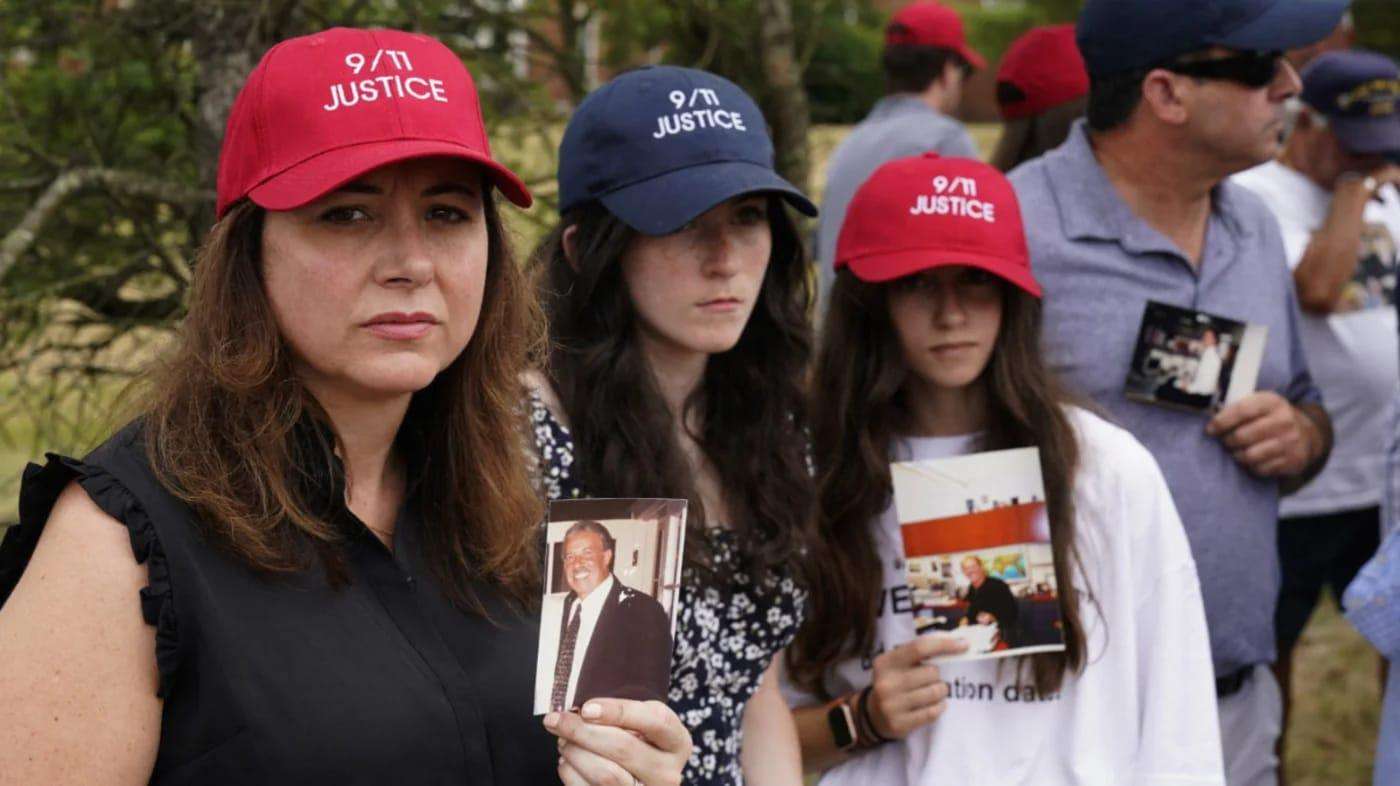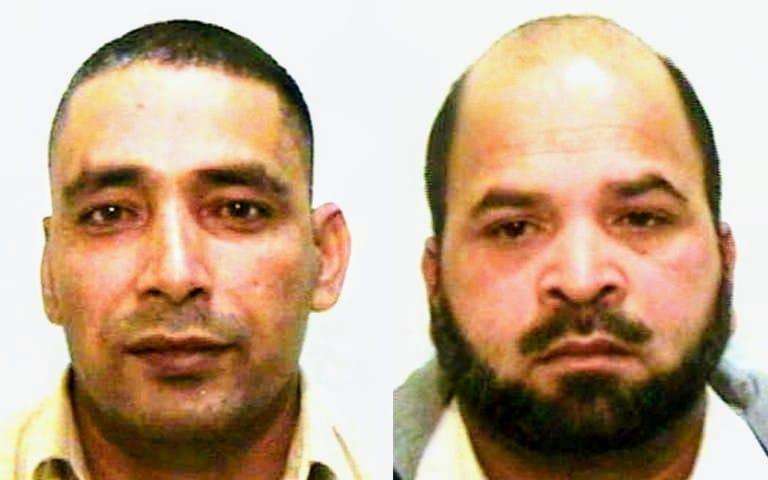A U.S. federal judge has delivered a significant victory to the families of 9/11 victims, ruling that a long-standing lawsuit against Saudi Arabia can proceed. The decision, issued by U.S. District Judge George Daniels in New York, marks a major setback for the kingdom, which had sought to have the case dismissed on the grounds of sovereign immunity. This ruling opens the door for a potentially revealing and costly civil trial, reigniting a 23-year legal battle.
In a detailed 45-page opinion, Judge Daniels found that the plaintiffs had presented credible evidence linking two Saudi government employees to the 9/11 hijackers. The individuals in question are Omar al-Bayoumi, an accountant for a Saudi aviation company, and Fahad al-Thumairy, a diplomat at the Saudi consulate in Los Angeles. The judge concluded that it was "more likely than not" that there was "some connection" between the employment of these two men by Saudi Arabia and the assistance they allegedly provided to the hijackers while they were in the United States.
Judge Daniels' decision scrutinizes the Saudi government's claims, noting that their explanations for the men's actions were "either self-contradictory or not strong enough to overcome the inference" of their involvement. Specifically, the judge cast doubt on the claim that Bayoumi was merely a student in the U.S., writing that his actions, which included "getting himself involved into the hijackers’ preparation for a terrorist attack," went far beyond the typical duties of an accountant.
While this ruling does not determine Saudi Arabia's ultimate culpability, it represents a crucial hurdle cleared for the plaintiffs. The kingdom now has the option to appeal the decision or pursue a settlement with the victims' families to avoid a full-scale trial.
The legal action has been made possible by the 2016 Justice Against Sponsors of Terrorism Act (JASTA), a bipartisan law passed by the U.S. Congress. JASTA allows foreign governments to be sued in U.S. federal court for their role in terrorist attacks on American soil that result in the deaths of U.S. citizens. This law holds significant implications, as a successful lawsuit could allow U.S. courts to seize Saudi assets held within the country to compensate the victims' families. The Saudi Public Investment Fund (PIF), which holds over $1 trillion in assets globally, including an estimated $20 billion in US-listed stocks, is a potential target for such an action.
This legal development comes as Saudi Arabia, under the leadership of Crown Prince Mohammed bin Salman, is attempting to project a new image to the world. The kingdom is pursuing sweeping social and economic reforms, including liberalizing social norms and attracting foreign investment. However, these efforts are taking place against a backdrop of ongoing criticism regarding the crown prince's crackdown on political dissent.
The ruling was met with a positive response from the plaintiffs' representatives. Terry Strada, chair of a coalition representing victims' families and survivors, hailed the decision as "another powerful step toward justice," underscoring the determination of those who have pursued this legal battle for over two decades. The 9/11 attacks claimed the lives of nearly 3,000 people, and for their families and survivors, this ruling provides a renewed sense of hope in their quest for accountability.







.svg)
